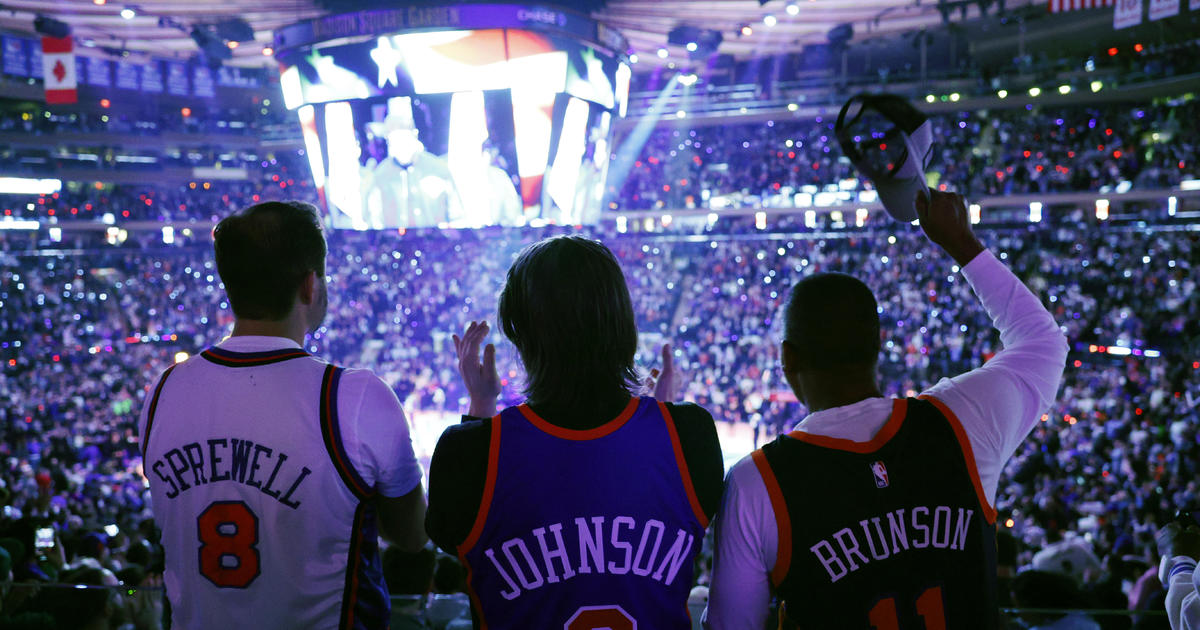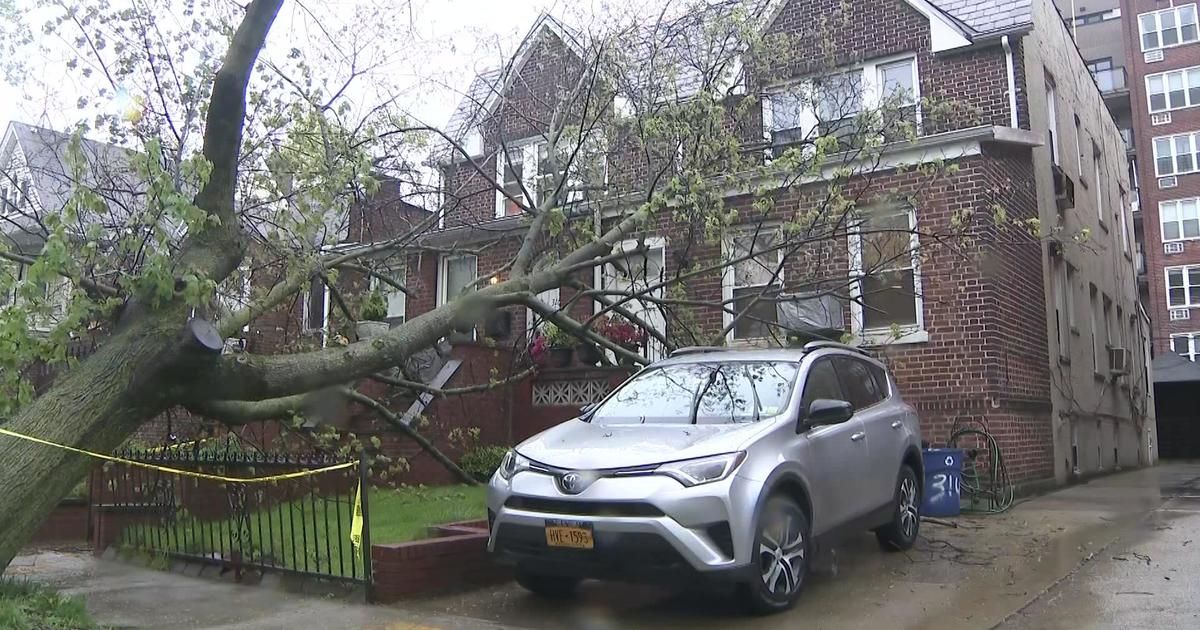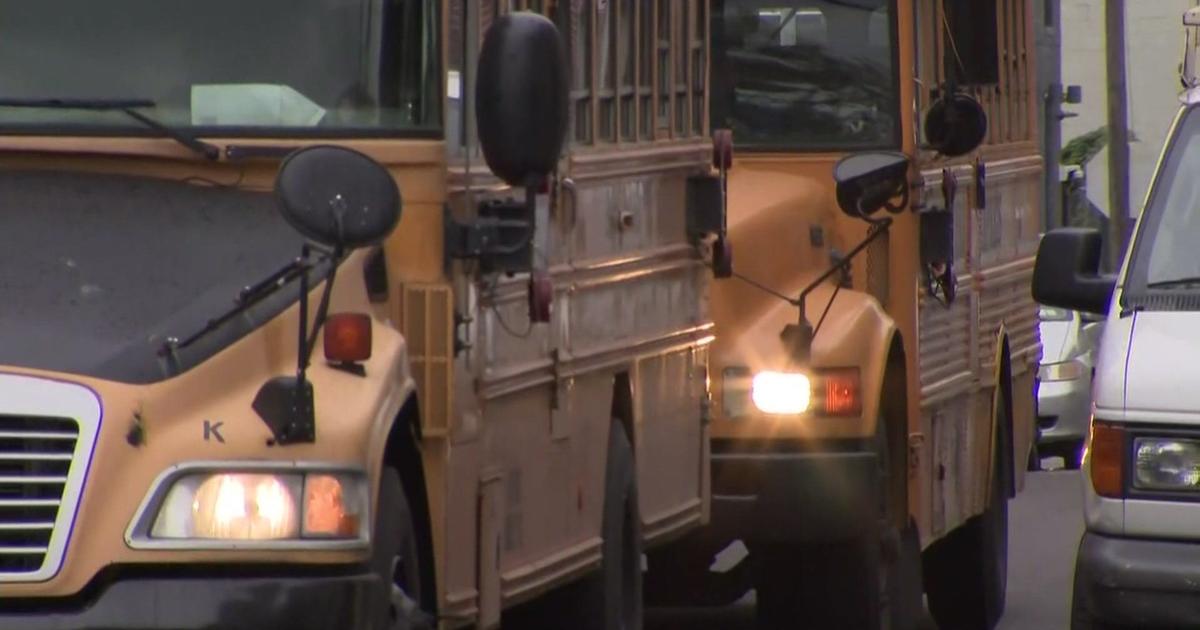New York High Court Rules Parents Can Eavesdrop On Children For Protection
MERRICK, N.Y. (CBSNewYork/AP) -- A landmark ruling now allows parents in New York state to record their children's conversations secretly in certain situations.
But as CBS2's Carolyn Gusoff reported, critics said it is a slippery slope.
The New York State Court of Appeals ruled on Tuesday that parents can legally eavesdrop on young children, establishing an exception to state law against wiretaps without the consent of at least one person on a call.
The Court of Appeals split 4-3 in deciding such monitoring is justified when a parent or guardian reasonably believes it would be in the child's best interests to listen to and tape phone conversations.
The ruling came in a case that started in a Merrick apartment in 2008, where a 6-year-old boy was mercilessly beaten at the hands of his mother's boyfriend.
Anthony Badalamenti, a body builder, was convicted of whipping the first-grader with his weightlifting belt. The helpless child's screams were caught on audio tape that was recorded on an open phone line by the boy's biological father.
The Court of Appeals ruled against Badalamenti and decided the tape was admissible.
"It was a good ruling for people who care about the rights of children," said Nassau County District Attorney Madeline Singas.
Singas explained that now, parents who reasonably believe it is in their child's best interests may record a conversation secretly.
"It's tremendously important for parents to know that they can protect their children," Singas said. "It's very limited in its scope."
But the attorney who defended Badalamenti said the ruling sets a dangerous precedent.
"The opportunity to abuse this decision is very, very real," said defense attorney Oscar Michelen.
The attorney predicted more kids will be used as pawns, and bugging them will be the norm in ugly divorces.
"You're now going to have one parent hiding a microphone," Michelen said. "It's going to be prevalent in divorce cases to use your child as a secret recording device for your ex."
And can parents now eavesdrop on their teens?
"I don't think that's like right," one woman said, "because you're violating privacy."
Singas said the ruling sets specific criteria.
"You have to demonstrate that a child needs this sort of protection, so it's not a free-for-all," Singas said.
The attorney that argued the case before the Court of Appeals called the ruling a bad decision, and suggested that it could go further to the U.S. Supreme Court.
Badalamenti was sentenced to seven years in prison for assaulting the little boy.
(TM and © Copyright 2016 CBS Radio Inc. and its relevant subsidiaries. CBS RADIO and EYE Logo TM and Copyright 2016 CBS Broadcasting Inc. Used under license. All Rights Reserved. This material may not be published, broadcast, rewritten, or redistributed. The Associated Press contributed to this report.)



